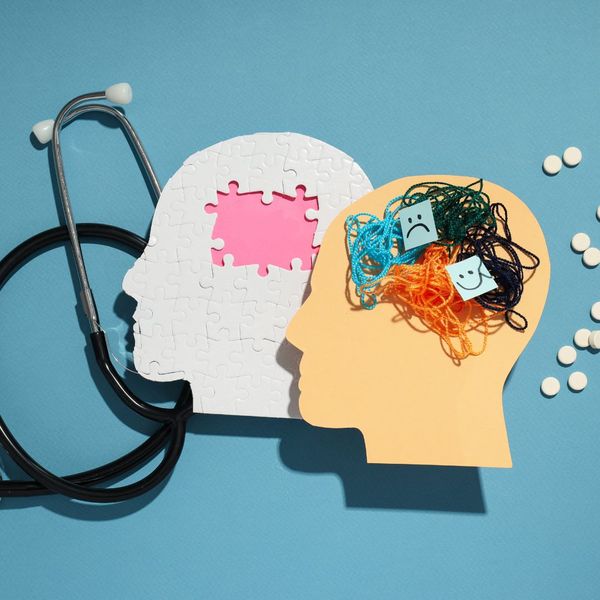Substance Abuse and Mental Health: Tackling Co-Existing Disorders
Substance abuse and mental health disorders often go hand in hand. It is estimated that around half of individuals with a substance use disorder also have a co-occurring mental health disorder. This correlation between substance abuse and mental health disorders highlights the need for a more comprehensive approach to treatment that addresses both issues simultaneously. When an individual has both a substance use disorder and a mental health disorder, it is known as a co-occurring disorder.

Interconnected Disorders
Substance abuse and mental health disorders can be interconnected because individuals often turn to substances as a way to cope with their mental health symptoms while excessive use of these substances can also worsen the symptoms of an existing disorder, creating a vicious cycle. Addressing both simultaneously is crucial for effective results. This approach, known as integrated treatment, involves treating the whole person, and integrated treatment typically involves a multidisciplinary team of healthcare professionals, including therapists, physicians, and even counselors.

Benefits of Treatment
Integrated treatment can help individuals identify and address the underlying issues caused by substance abuse and learn healthy coping mechanisms for managing their symptoms or tendencies. By addressing the root causes of, individuals can achieve better quality of life and decrease the risk of relapse while receiving care.

Education About Disorders & Symptoms
Integrated treatment also aims to educate individuals about their unique needs and how to maintain both their physical and mental health. This may involve learning new coping skills, developing a relapse prevention plan, and establishing healthy routines that support recovery. By understanding the connections between substance abuse and mental health, individuals can better manage their disorders and prevent negative impacts on their health and quality of life.

Support From Family
Support from family and friends is often crucial in tackling co-occurring disorders. Loved ones can offer encouragement, understanding, and a sense of community for individuals going through the treatment process. Family and friends may also be encouraged to participate in therapy sessions or support groups, which can help them better understand their loved one's struggles and learn how to support their recovery journey.
Substance abuse and mental health disorders are often intertwined and require a holistic approach to treatment. At Circle of Life Care, our team is dedicated to providing high-quality care for individuals with dementia, Alzheimer's, and a wide range of other disorders. Contact us today to learn more and get started.
